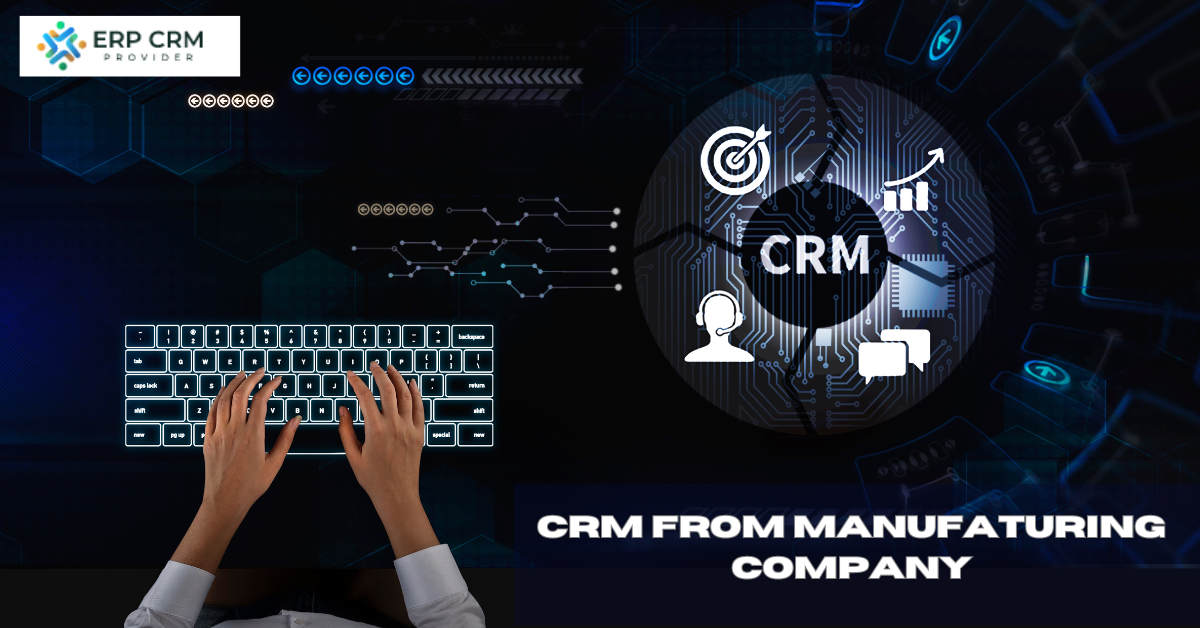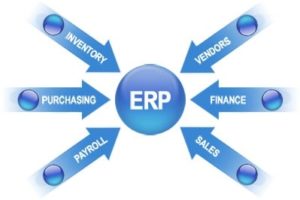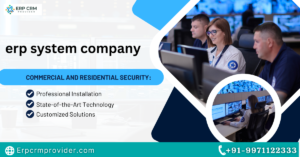1. Personalized Efficiency: CRM from manufacturing company
Efficiency Redefined: Tailor-made Enterprise Resource Planning is what makes the whole manufacturing sphere effective. It provides the essential features that allow the whole process, from the order to the delivery, to be smooth and exceptional for CRM from manufacturing company.
Real-Time Optimization:
By utilizing analytics and automation technology, these solutions diminish waste, boost productivity, and deliver a workflow design that is process-specific to the enterprise.
Cost-Effective Excellence:
The customized ERP requires considerable investments, however, this can be a big cost saver and increase efficiency. It means the business is ready to take up a mantle of operational excellence and competitive advantage.
The updated CRM system can now assist companies in managing customer contacts and providing actual answers or responses to the issues of concern.
2. Empowering Field Operations: CRM from manufacturing company
The DFL should display varying time points described by different scalars. DFL, in the context of ERP and CRM, typically stands for “Debt-to-Fixed Assets Ratio” or “Degree of Financial Leverage.”
Seamless Field Operations:
Apps for field-force management not only empower field teams to live and assign tasks. Routes, or sales opportunities in the blink of an eye. Right now you can use it for this estimation, they can make the most out of every production tool.
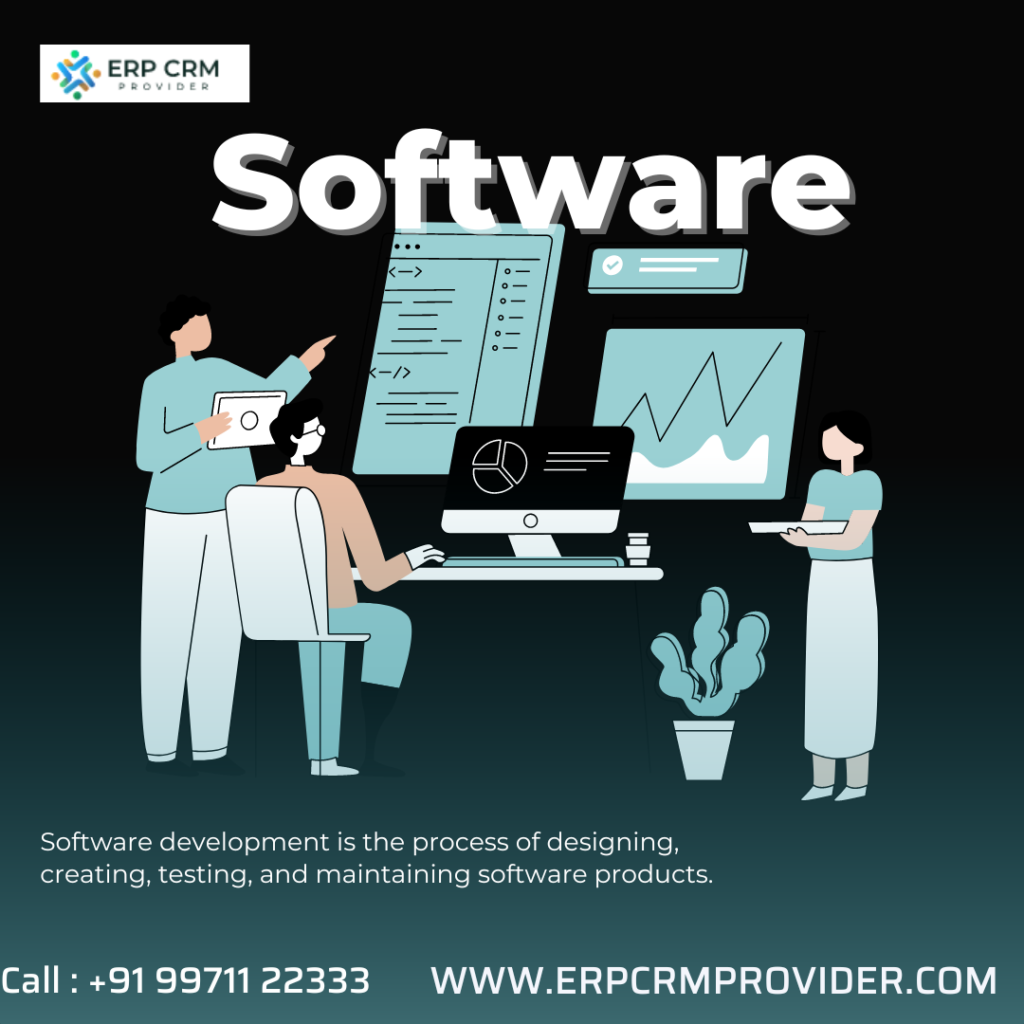
Enhanced Collaboration:
These apps enhance the extent of collaboration to guarantee the finest operation and thus the highest customer satisfaction.
Commitment to Excellence:
A commitment to operational excellence and customer-centricity through field force management app investments. It is a characteristic that defines growth sales and overall efficiency.
The CRM programs are used by manufacturing companies to eliminate manual lead management. Report on the pipeline progress, and predict the revenue.
3. Sales Mastery: CRM from manufacturing company
Unified Sales Management:
The CRM for sales tracks customer’s information and automates sales processes such as sorting customers, brand predictions, and sealing effective deals.
Streamlined Processes:
With a focus on process empathizing and enhancing automation, businesses are able to make sales efficient and satisfy customers in their bid to be the much sought-after in the market.
Customer-Centric Focus:
Individualized service and customized solutions are the aspects that highlight the utter devotion of the company to customer satisfaction which brings out stronger relationships and brand loyalty.
4. Customer-Centric Approach: CRM Solutions Tailored for Manufacturing
Proactive Service CRM Solutions Exceptional Service Delivery: Customer relationship management (CRM) solutions will speed up the solving of problems and provide proactive support, indicating a customer-centric service brand.
Driving Innovation:
Customer interactive data is the key factor driving product development and differentiation, making the company to emerge as the leading industry player.
Building Trust:
Through the investment in service CRM systems, the manufacturers create trust and credibility that eventually leads to brand reputation building and higher customer loyalty.
5. Industry-Specific Solutions: Tailored ERP for Niche Industries in Manufacturing
Meeting Unique Needs:
These supervision systems are created to satisfy the needs of individual industries and act as a gatekeepers for batches’ conformity with quality standards.
Dedication to Excellence:
The investment in tailored industry ERP solutions can play a positive role. Enhancement of the quality and reliability, which improves the business competitiveness and positions them in the market.
These supervision systems are created to satisfy the needs of individual industries and act as a gatekeepers for batches’ conformity with quality standards.
Strategic Advantage:
For example, manufacturers can utilize specific features to their comparative advantage, whereby such innovation and differentiation in the market is enhanced.
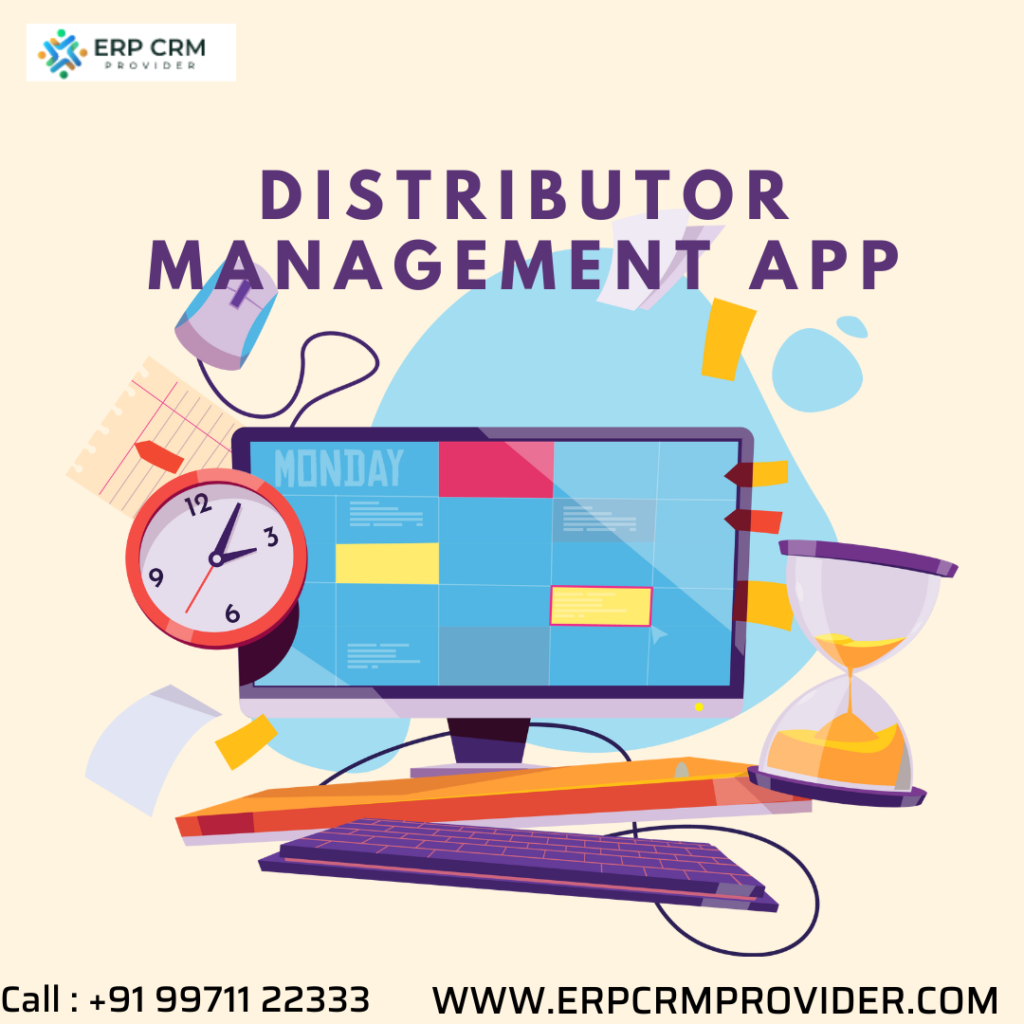
6. Efficient Distribution and Retail Management: CRM Optimized Distribution Apps for Manufacturing Industry
Seamless Logistics: Distribution applications make it possible to automate stock management and deliveries so that deliveries are planned in advance and the level of customer satisfaction is next level.
Informed Decision-Making: Market estimation and consumer preferences help in making informed decisions and thus, the rate of income and profit increases accordingly.
Commitment to Service Excellence: Distribution apps infrastructure is the backbone of our business expansion strategy that adds value to our customers through service excellence and operational efficiency which in turn is the strong footing of our current and future business success in competition.
In conclusion:
The empowerment of advanced CRM from manufacturing companies in the manufacturing value chain can not be underestimated. Personalized efficiency, field operations empowerment, sales strategies mastering, customer-centricity prioritization, industry-specific solutions usage, and distributing management optimization allow manufacturers to not only straighten their operations but also create the ground for long-lasting customer relationships, and they take industry leadership to the next level. Specializing in quality and innovation, businesses are given the opportunity to not only overcome any difficulties that may arise but also achieve victory in a marketplace where every company is striving to stand out among the rest.
